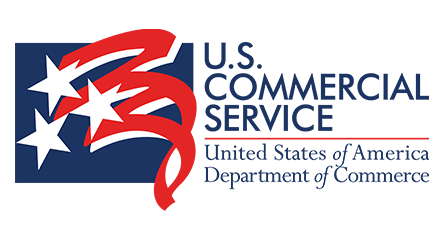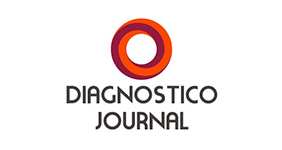Global governments show flexibility in response to COVID-19
Eugene Ramirez | May 15, 2020
The urgent need for governments to respond to the COVID-19 health crisis has made them more malleable with rules and
regulations to get much-needed medical devices and supplies in the hands of the medical professionals on the frontlines. From increased healthcare spending to suspending trade and loosening regulations, measures from Europe to Latin America are focused on a fast response.
To avoid shortages or delays, the European Union has postponed new medical device regulations originally scheduled for full compliance by May 2020 to May 2021. Among the regulations are rules on medical device trade between EU countries and new guidelines for clinical investigations. The postponement allows manufacturers to prioritize the response to the pandemic rather than to prioritize adapting to the new rules. The manufacturing and distribution of dentures, hip joints, implantable diabetes monitors and other medical devices account for 675,000 jobs and more than 100 billion euros in sales in Europe.
That level of compassion and flexibility can be seen across the globe in Latin America, from the IMF’s $143 million disbursement to Honduras for healthcare and social welfare, to Guatemala’s increased healthcare spending. In Brazil, the private sector is helping to cover freight costs for $250 million in medical devices and supplies from China, including ventilators and masks.
But by taking drastic steps to take care of their own, are some countries unintentionally hurting their neighbors? It’s up
for debate. In a controversial move for example, Argentina suspended its participation in the Mercosur trade bloc in April. The country pulled out of new trade deals while honoring established negotiations. Meanwhile, trade partners Brazil, Paraguay and Uruguay moved forward with new trade deals with India, South Korea and others.
It’s a balancing act between diplomacy and self-preservation as governments race to provide proper aid to their people and recover both economically and from a public health standpoint. As Latin American countries respond, experts say Colombia is best positioned to lead recovery in the region. While the medical device industry could potentially temporarily benefit from a current increase in global flexibility, the long-term effects such as changes in tariffs and the economic stability of governments following the pandemic will have a more lasting effect on the industry.





























